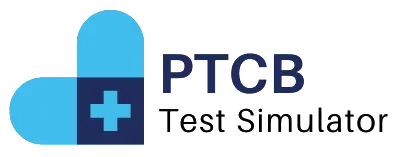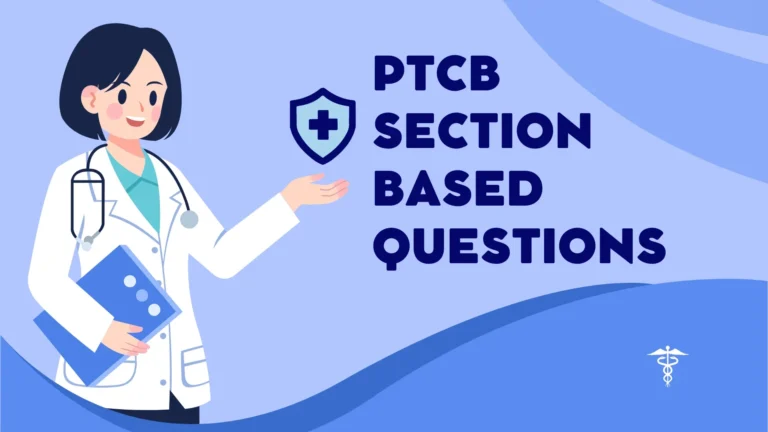HESI Exit Exam
The HESI Exit Exam, administered by Health Education Systems Incorporated (HESI), is a pivotal assessment for nursing students nearing the completion of their educational programs. Designed to evaluate a student’s readiness for the National Council Licensure Examination (NCLEX-RN), the HESI Exit Exam serves as a comprehensive review of the knowledge and skills acquired throughout nursing school. This essay explores the significance of the HESI Exit Exam, its structure, preparation strategies, and its role in the transition from nursing student to practicing nurse.
Importance of the HESI Exit Exam
The HESI Exit Exam is significant for several reasons. First and foremost, it serves as a predictive tool for NCLEX-RN success. Research has shown that students who perform well on the HESI Exit Exam are more likely to pass the NCLEX-RN on their first attempt. This predictive validity is crucial as passing the NCLEX-RN is a requirement for obtaining a nursing license, making the HESI Exit Exam a critical step in the licensure process.
Additionally, the exam provides nursing programs with valuable feedback on their curriculum and instructional methods. By analyzing the performance of students on the HESI Exit Exam, nursing programs can identify strengths and weaknesses in their teaching strategies, allowing for continuous improvement in educational outcomes. This feedback loop ultimately enhances the quality of nursing education and better prepares students for the complexities of patient care.
Structure of the HESI Exit Exam
The HESI Exit Exam is a comprehensive assessment that typically consists of multiple-choice questions covering a wide range of nursing content areas. The exam generally includes:
- Core Nursing Concepts: Questions related to essential nursing theories, practices, and skills that students have learned throughout their education. This includes topics such as patient care, safety, and ethical considerations.
- Medical-Surgical Nursing: A significant portion of the exam focuses on medical-surgical nursing, assessing students’ knowledge of common medical conditions, treatments, and nursing interventions.
- Pharmacology: Questions in this category evaluate students’ understanding of pharmacological principles, including drug classifications, mechanisms of action, side effects, and patient education regarding medications.
- Maternal and Child Health: This section assesses knowledge related to prenatal, perinatal, and postnatal care, as well as pediatric nursing.
- Mental Health Nursing: Questions in this area focus on psychiatric disorders, therapeutic communication, and various treatment modalities.
Preparation Strategies
Preparing for the HESI Exit Exam requires a multifaceted approach. Here are several strategies that nursing students can employ to enhance their readiness:
- Comprehensive Review: Students should conduct a thorough review of their nursing curriculum. Utilizing textbooks, lecture notes, and other educational resources will help reinforce fundamental concepts and fill in any knowledge gaps.
- Practice Tests: Engaging in practice exams that mimic the format and content of the HESI Exit Exam is essential. These practice tests allow students to familiarize themselves with the exam structure and identify areas that require further study. Reviewing rationales for both correct and incorrect answers can deepen understanding and enhance retention.
- Study Groups: Forming study groups can provide students with additional support and motivation. Collaborative learning enables students to discuss complex topics, quiz one another, and share resources, creating a richer learning environment.
- Focus on Weak Areas: After taking practice tests, students should analyze their performance to identify weak areas. Concentrating efforts on these topics can improve overall exam performance and build confidence.
- Utilizing HESI Resources: HESI offers a variety of review materials, including study guides, online resources, and tutorials. Taking advantage of these resources can provide targeted preparation and reinforce key concepts.
Role in the Transition to Practice
The HESI Exit Exam is not just a final hurdle; it plays a crucial role in the transition from nursing student to licensed nurse. By assessing a student’s readiness for the NCLEX-RN, the exam helps identify those who may need additional support or remediation before entering the workforce. This is vital in ensuring that new nurses possess the knowledge and skills necessary for safe and effective patient care.
Furthermore, performing well on the HESI Exit Exam can boost students’ confidence as they approach the NCLEX-RN. A strong performance reassures students of their preparedness and can mitigate anxiety related to the licensing exam.
Conclusion
The HESI Exit Exam is a critical milestone in nursing education, serving as both a predictor of NCLEX-RN success and a valuable feedback mechanism for nursing programs. By assessing a comprehensive range of nursing knowledge and skills, the exam prepares students for the challenges of clinical practice. Through effective preparation strategies, including comprehensive reviews, practice tests, and collaborative learning, nursing students can enhance their readiness for this important assessment. Ultimately, the HESI Exit Exam not only signifies the culmination of nursing education but also marks the beginning of a rewarding career in healthcare, where knowledgeable and competent nurses are essential for quality patient care.

